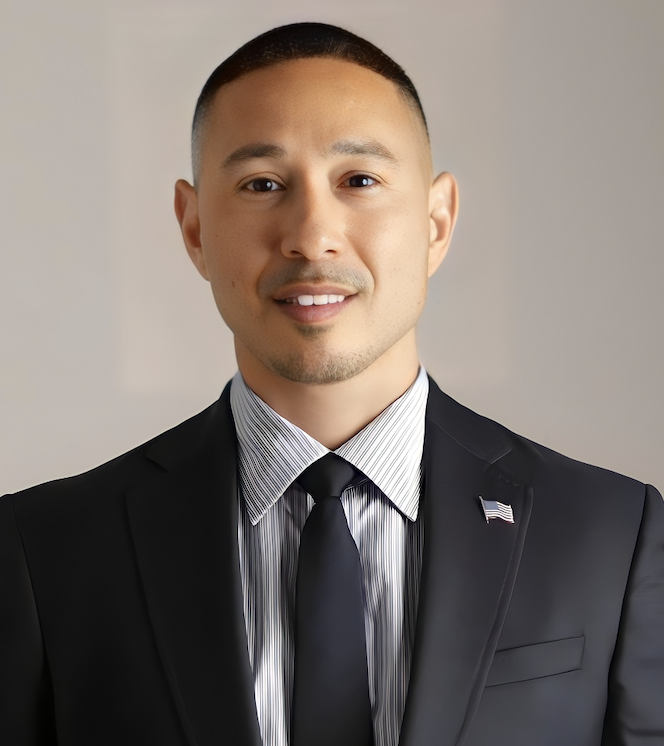

Applying PBL to Environmental Science To Address Authentic Problems |
Listen and learn : Ed talk
Dr. Jorge Valenzuela
Learn how project-based learning (PBL) is a natural fit for teaching environmental science, how current research supports its use in the classroom, and how to get started developing your students into the environmentally-aware problem solvers our planet needs in any subject!
| Audience: | Teachers, Coaches, Curriculum/district specialists |
| Skill level: | Beginner |
| Attendee devices: | Devices useful |
| Attendee device specification: | Smartphone: Android, iOS, Windows Laptop: Chromebook, Mac, PC Tablet: Android, iOS, Windows |
| Participant accounts, software and other materials: | None needed outside internet browser |
| Topic: | Project-, problem- & challenge-based learning |
| Grade level: | 6-12 |
| Subject area: | Science, STEM/STEAM |
| ISTE Standards: | For Educators: Collaborator
Creative Communicator
|
| Additional detail: | ISTE author presentation |
Learners will understand why PBL is the best method for teaching Environmental Science in an authentic manner. They will understand the research that supports this approach and walk away with resources that will support their first steps in the process.
A mock-up of our presentation can be viewed here -
https://docs.google.com/presentation/d/1Cin_kzC6lTtC7h41QGIgyd3GwnsQ2lQx/edit#slide=id.gdf7490bb75_0_62
Introduction and Framing - Slides 1-19 - 5 minutes
Direct instruction and sharing of self-contained resources
Energizer and Kick Off - Slides 20-30 - 8 minutes
Interactive example of entry event with audience participating
Environmental Science Framing - Slide 31-39 - 5 minutes
Direct instruction with time for question ideation. Use of Nearpod to promote participation as well.
Sample Entry Event - Slides 40-44 - 12 minutes
Facilitated PBL experience for teachers to see and feel how PBL works firsthand
High-level Overview of Supporting Research - Slides 45-53 - 5 minutes
Direct instruction of research w/ shared resource for deeper dive.
Getting Started with PBL - Slides 54-69 - 5 minutes
Practical tips for beginning.
Project Exemplars - Slides 70-80 - 5 minutes
Sharing example projects from the book that can be adapted immediately.
Conclusion - Slide 81 - 2 minutes
https://www.lucasedresearch.org/wp-content/uploads/2021/01/KIA-Research-Brief.pdf
https://my.iste.org/s/store?_ga=2.67223057.1075898379.1620058994-722878377.1584373163#/store/browse/detail/a1w1U0000040ko6QAA

Jorge Valenzuela is the lead coach at Lifelong Learning Defined, an author and an education advocate. His work focuses on improving teacher preparation in project-based learning (PBL), computational thinking and computer science integration, STEM education and social-emotional learning (SEL) across the curriculum. Valenzuela also provides professional development on behalf of Corwin, ASCD, PBLWorks and Solution Tree. He’s the author of Rev Up Robotics, Environmental Science for Grades 6-12 and the ISTE Jump Start Guides Ready, Set, Robotics and SEL in Action. Valenzuela is also the host of the “SEL in Action” podcast on BAM Radio Network.
Connected teaching and learning with Canvas LMS and Microsoft Teams
Start With Teachers as Creators to Build Student Media Literacy
Taking PBL From Good to Great: Aim for Impact With Authentic Challenges